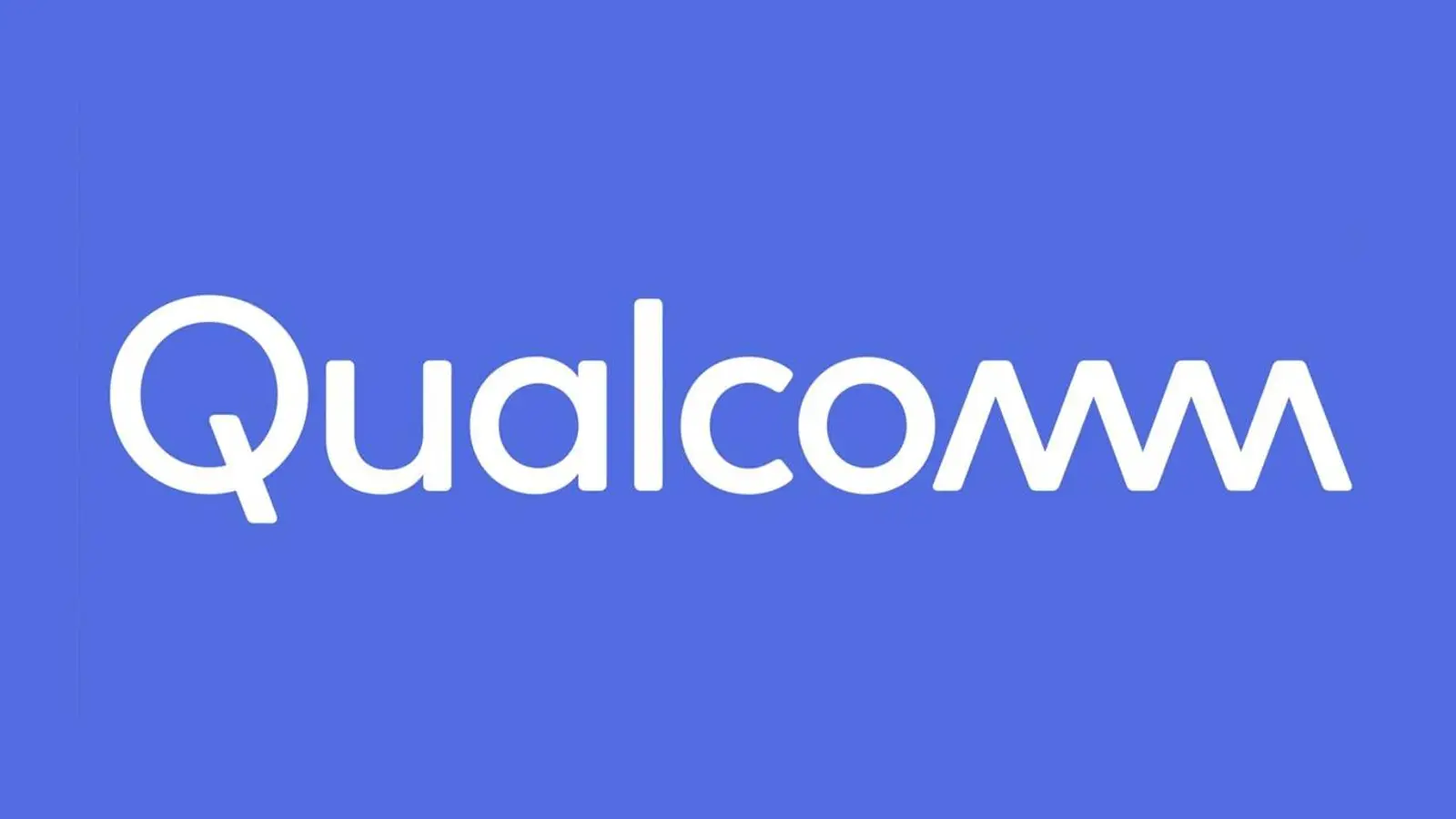UK collective lawsuit alleges Qualcomm inflated smartphone license fees
At the UK Competition Appeal Tribunal, a class action alleges Qualcomm abused its dominance, inflating license fees and making Apple and Samsung users overpay.
At the UK Competition Appeal Tribunal, a class action alleges Qualcomm abused its dominance, inflating license fees and making Apple and Samsung users overpay.

The United Kingdom has begun hearing a collective lawsuit against Qualcomm, which stands accused of abusing its market position and inflating the price of licenses for its technologies. According to a consumer-rights group, the American chipmaker’s practices may have led Apple and Samsung smartphone users to overpay for nearly a decade.
The claim is brought on behalf of roughly 29 million UK residents who purchased smartphones between 2015 and 2024. The total potential payout is estimated at £480 million (around $645 million). On average, that could mean about £17—roughly $23—per smartphone owner.
The plaintiffs argue that Qualcomm leveraged its dominance in chipset supply and technology licensing, pushing device makers, including Apple and Samsung, to accept inflated fees. Those additional costs, they say, were ultimately passed on to consumers—either through higher prices or through compromises in device quality or performance. It’s a dispute that cuts to the core of how licensing charges, largely invisible to buyers, can ripple through to the final price tag.
The hearings are taking place at London’s Competition Appeal Tribunal. As a first step, the court will decide whether Qualcomm held a dominant position and abused it. If that is established, the case will move on to assessing the scale of harm and determining compensation for users. The sums per person may be modest, but the principle at stake—who should bear the cost of essential technology—feels more consequential.
The company has not commented on the proceedings so far. Observers note that the outcome could set a precedent for other antitrust claims against major technology firms.